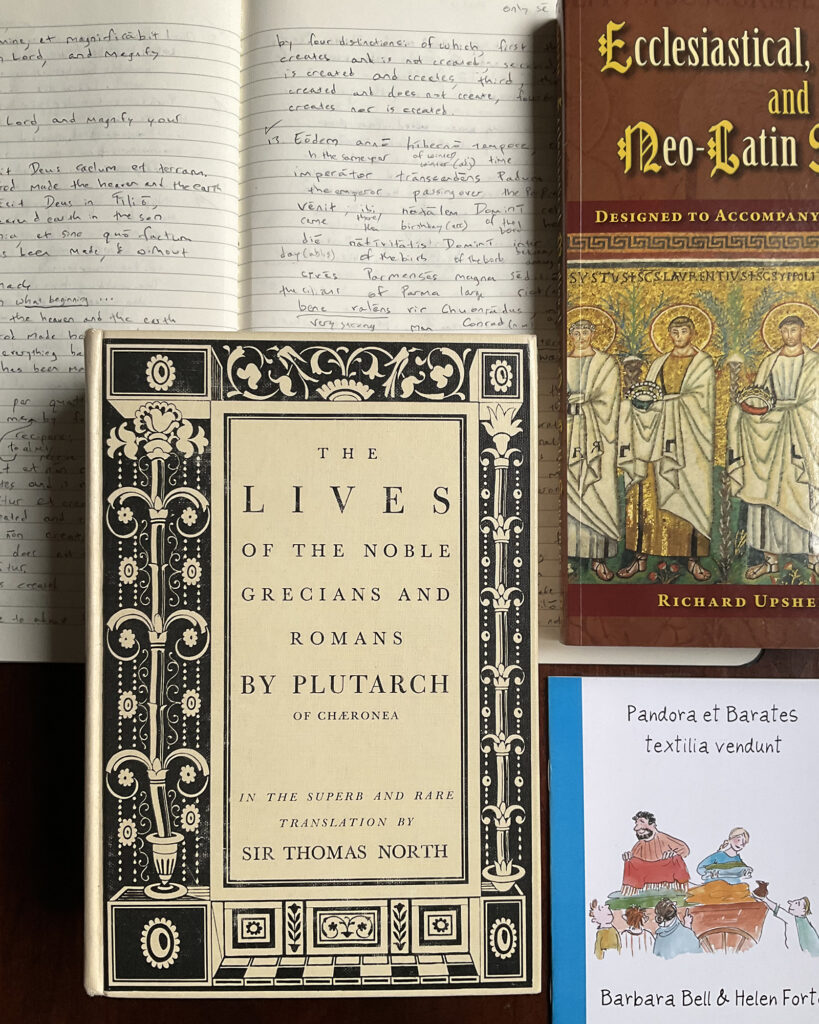CMP Review 2023-02-23
February 23, 2023

One of the biggest barriers for me to learn Latin was simple. Time. I was just too busy with other things. Imagine my surprise when I discovered that Plutarch of Chæronea had exactly the same problem.
On Monday my son and I began reading the Life of Demosthenes, and I was struck by a brief author’s note on the opening pages: “Whilst I was in Italy and at Rome, I had no leisure to study and exercise the Latin tongue, [on account of] the great business I had then to do.”
But in a new season of life, time opened up for me study. Amazingly, it opened up for Plutarch too: “so … even somewhat too late, and now in my latter time, I began to take my Latin books in my hand.”
He found that hitting the books later in life was difficult but good: “To learn how to pronounce the Latin tongue well, or to speak it readily, or to understand the signification, translations, and fine joining of the simple words one with another, which do beautify and set forth the tongue, surely I judge it to be a marvelous pleasant and sweet thing; but withal it requireth a long and laborsome study…”
My son gave me a glance as together we read the next sentence. A long and laborious study … “meet for those that have better leisure than I have; and that have young years on their backs to follow such pleasure.”
There we were, young and old(ish), and Plutarch had a message for us both. Charlotte Mason assigned Plutarch’s Lives for citizenship. But her definition of citizenship was pretty broad. I think it would include even this little lesson we learned about the study of Latin this week.
@artmiddlekauff